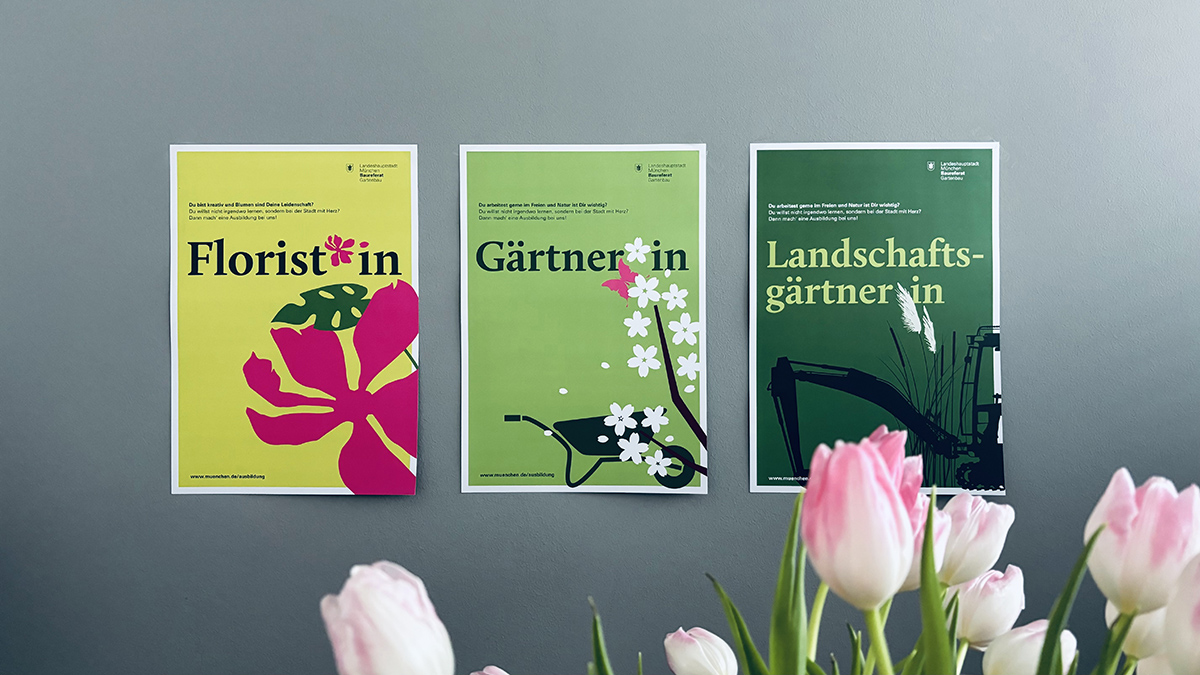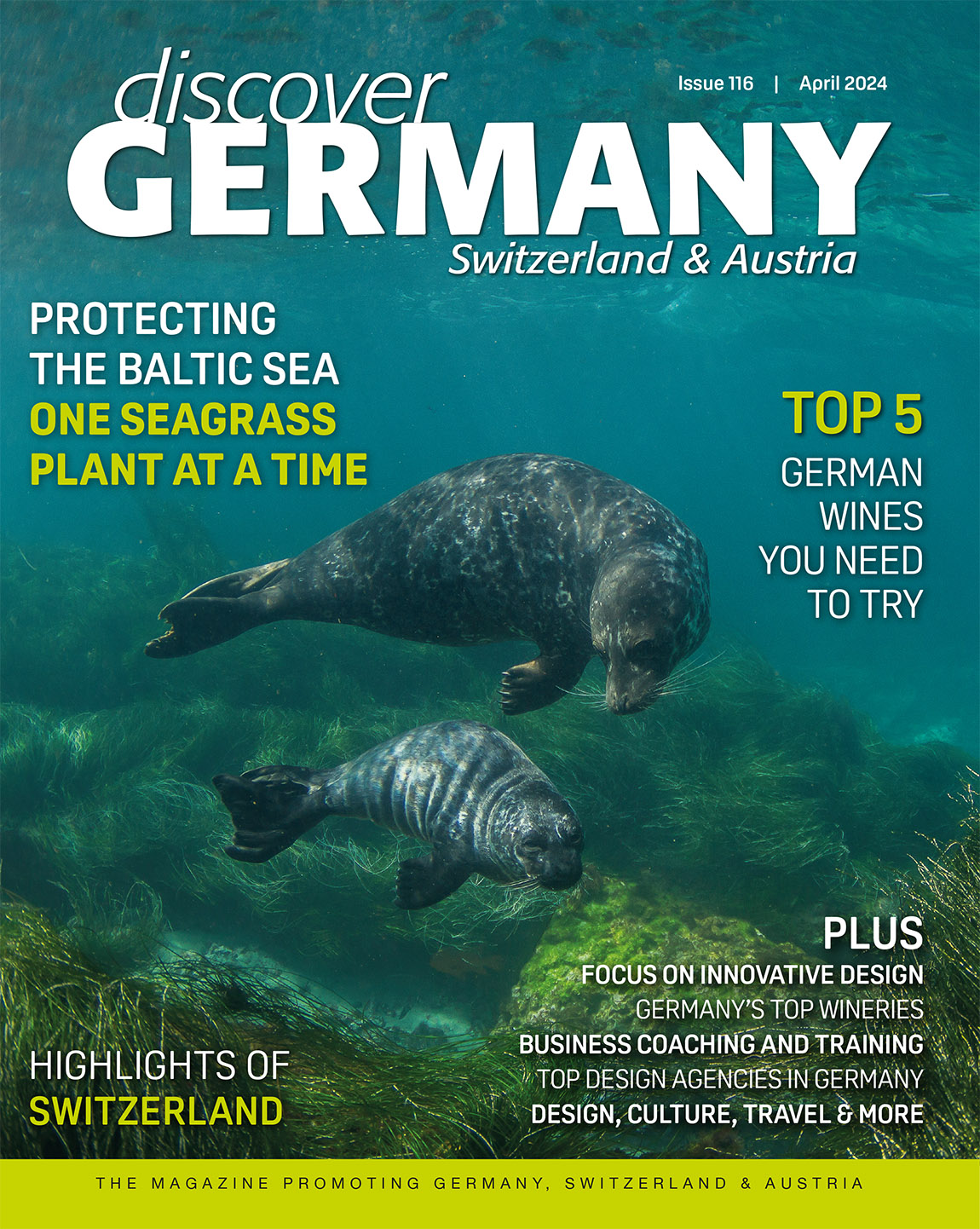Gregor Kleinknecht – The colour of money

As we are approaching the busy summer season of art fairs, auctions and gallery exhibitions, of champagne, canapés and multi-million pound headline sales, the London art trade is up in arms about the hot topic of the moment: the fifth EU Anti-Money Laundering Directive (5AMLD), which is due to be implemented into UK law by 10 January 2020.
TEXT: GREGOR KLEINKNECHT | PHOTO © PEXELS, GREGOR KLEINKNECHT
While bankers, lawyers and estate agents have grown used to concepts such as ‘know your client’, and regularly undertake customer due diligence and ID checks, these practices have so far largely by-passed the art trade. Where, traditionally, art dealers and intermediaries will have met face-to-face and built personal relationships with their collector clients, now they may never meet them in person, as business is increasingly transacted online and through other means of distance communication.
As a result of those changes in market practices, it was probably just a question of time before the scope of application of money laundering regulations was expanded to include “persons trading or acting as intermediaries in the trade of works of art, including when this is carried out by art galleries and auction houses, where the value of the transaction or a series of linked transactions amounts to EUR 10,000 or more”. Like it or not, from next year, the art trade will face an increase in regulation that may at first feel alien and intrusive to an industry in which confidentiality and discretion are highly valued.
The requirement for customer verification, which previously only applied to art transactions paid for in cash, will now extend to all forms of payment above the threshold, irrespective of how they are made. The art trade will now routinely have to ask their clients for photo identity, proof of address, and information about their business activities and source of wealth. Due diligence obligations in relation to corporate, foundation or trust clients will include potentially navigating complex offshore structures to verify a client’s identity, structure of control and ultimate beneficial ownership, a process that will take time, experience and administrative capability. The approach to client due diligence will be ’risk-based’, which means that the dealer must identify, understand and continuously assess the level of risk imposed by the client and the type of transaction entered into, assess the corresponding level of client due diligence that is necessary, and monitor whether any activities are suspicious.
The transposition of 5AMLD into UK law has been put out to consultation and the relevant regulations will probably not be finalised for some time. Expect some intensive lobbying efforts around the edges of the demands that will be placed on art dealers, auction houses and intermediaries. While large international art businesses and auction houses will be able to adapt to the changes in the law relatively seamlessly, and may well have the required systems and procedures in place already, small businesses and sole traders that do not have the same resources at their disposal are likely to find compliance more of an administrative and technical challenge.
However, help is at hand. The Responsible Art Market Initiative (RAM), a cross-industry initiative based in Geneva, has sought to assist the art trade with risk management and compliance by publishing an ’Art Transaction Due Diligence Toolkit’, which provides a reasonably straightforward set of guidelines and checklists to follow in order to comply with due diligence obligations, and help with identifying indicators of suspicious activity or ’red flags’.
The good news for art dealers is that they still have a little over six months to prepare. The bad news is that Brexit is unlikely to interfere and that, as matters stand, the UK will still implement 5AMLD after leaving the EU. The time to start putting in place systems and procedures for dealing with client due diligence, risk assessment, and record keeping, is now, and the art trade would be well advised to do so sooner rather than later.
Gregor Kleinknecht LLM MCIArb is a German Rechtsanwalt and English solicitor, and a partner at Hunters Solicitors, a leading law firm in Central London. Hunters Law LLP, 9 New Square, Lincoln’s Inn, London WC2A 3QN,
E-mail: gregor.kleinknecht@hunterslaw.com
Web: www.hunterslaw.com
Disclaimer: The views and opinions expressed in this column are those of the author and do not necessarily reflect the official policy or position of Scan Magazine Ltd.’
Subscribe to Our Newsletter
Receive our monthly newsletter by email




